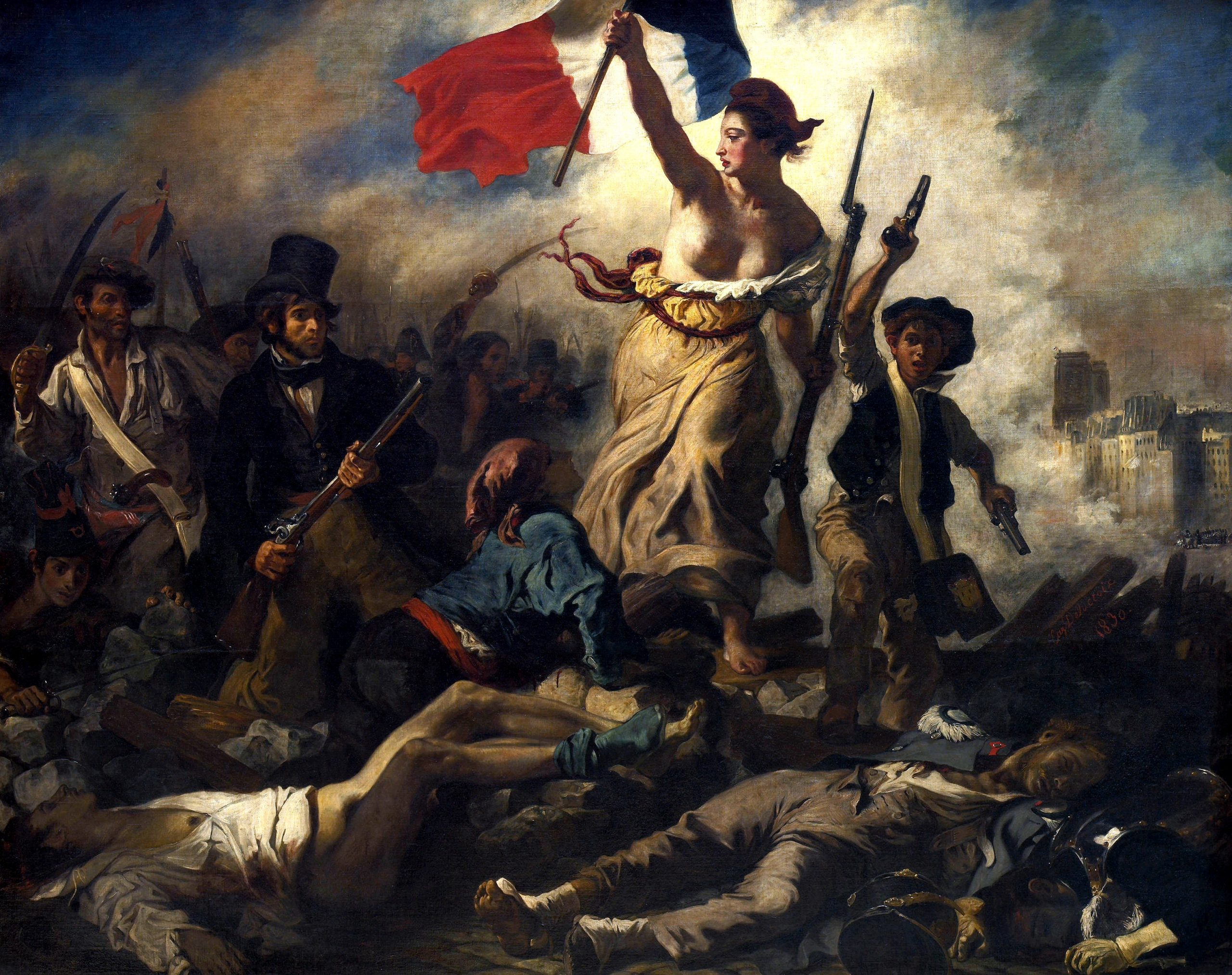- For a specific territory, individual governance is deployed; a set of rules is agreed to create stability and balance between the opportunities for the individual and the needs of the community.
- The nation is nurtured.
- Sufficient infrastructure is put in place and maintained over time
- Education is provided, to supply the economy with talents
- Health care is developed, serving the economy and social needs
- Social stability and contribution are balanced. Though there are ideological differences, the punch line of all nations is:
- Individual work shall be rewarded
- Proceeds from one’s work allow making a living
- Companies and often individuals are taxed, too, again, nurture the nation
- Industrialized societies have, a higher average standard of living
- Innovation and technical development is benefitting from access to talent, hence, education
- Progress is fostered by legal certainty
The digital, the silent, revolution
The digital revolution is eligible to disrupt the foundation of today’s states and societies!
- The disconnection of territory and economy
- The disconnection of national governance and large scale social processes

One thought on “The digital disruption of the national state”
These are actually great ideas in concerning blogging.